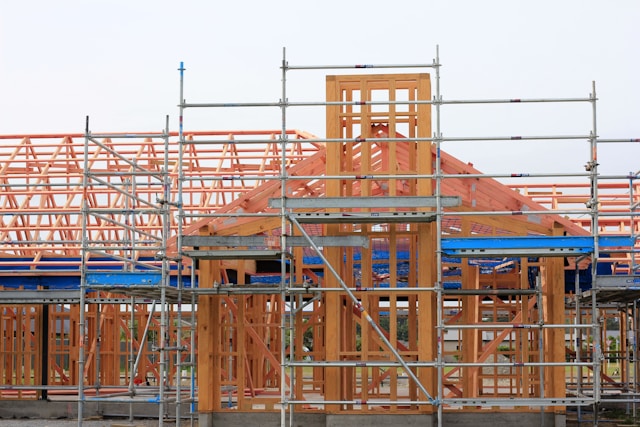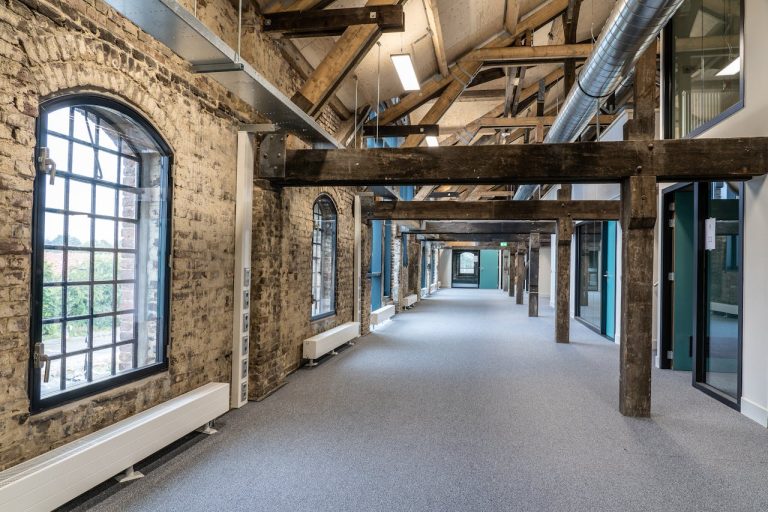
Behind every beautiful home is a carefully orchestrated symphony of planning, coordination, and precision. While homeowners often see the finished product—granite countertops, hardwood floors, custom lighting—what they rarely see is the high-detail project management that brings it all together. In the world of residential construction, success doesn’t happen by chance. It’s the result of meticulous scheduling, transparent communication, and an unwavering commitment to quality at every phase.
At the heart of this process is the project manager. Think of them as the conductor, ensuring that architects, engineers, tradespeople, and suppliers are working in harmony, on time, and within budget.
What Makes Residential Project Management Unique?
Project management in residential construction is different from commercial or industrial builds in several important ways. First, the end user is highly personal—the homeowner. That means expectations around communication, finishes, and timelines are more intense and emotionally charged. Residential builds often involve custom designs, site-specific challenges, and shifting requirements as homeowners make changes mid-project.
Additionally, many residential projects involve constrained job sites in suburban neighborhoods or urban infill areas. Coordinating deliveries, managing parking, and ensuring minimal disruption to neighbors adds another layer of complexity.
The Details That Matter
High-detail project management means sweating the small stuff so clients don’t have to. It involves:
- Daily Progress Tracking: A good project manager logs progress every day—what was completed, who was on site, and what’s next. This helps identify delays early before they cascade into larger issues.
- Scheduling Precision: A delay in one subcontractor—say, plumbing rough-in—can throw off every trade behind it. That’s why building a realistic, flexible, and detailed schedule is critical.
- Material Coordination: Long lead times for custom materials like windows, cabinetry, or tile mean that procurement must be timed weeks or even months in advance.
- Permit and Inspection Readiness: Managing permits, city inspections, and code compliance is essential—and often overlooked by less experienced managers.
“Homeowners often underestimate how many moving parts are involved in even a modest residential build,” says William E. Trowell, a seasoned construction project manager. “We’re not just building walls; we’re managing time, budget, compliance, and people—all at once.”
Technology Behind the Build
In today’s residential construction world, project managers rely on tech tools to keep everything organized and accessible. Cloud-based platforms like Buildertrend, CoConstruct, or Procore allow managers to track daily logs, budgets, timelines, change orders, and communication in one place.
This transparency isn’t just for the team—it’s for the client too. Many platforms allow homeowners to log in and check updates, see progress photos, review selections, and approve change orders digitally. This keeps the client engaged, informed, and empowered, which in turn reduces misunderstandings or disputes.
The Human Side of Project Management
While the tools and timelines are important, high-detail project management is still a people-first role. A successful residential PM needs to be a communicator, problem-solver, and leader.
It starts with setting expectations from day one. Clients need to know the realities of construction: that weather delays happen, that suppliers can backorder, and that no home build is without surprises. Project managers who establish trust through proactive communication are far more likely to keep clients satisfied—even when issues arise.
Coordinating with subcontractors and trades is equally human-focused. Good managers foster strong relationships and mutual respect with electricians, plumbers, framers, and other key trades. They understand how each trade works, what sequencing is required, and how to resolve conflicts quickly.
Budget and Cost Control
Staying on budget isn’t just about cutting corners—it’s about anticipating where costs might escalate and planning for contingencies. That means:
- Tracking change orders diligently
- Communicating the cost implications of design changes
- Maintaining detailed line-item budgets
- Keeping allowances realistic
High-detail project managers forecast risk and build buffers—both in the schedule and the budget—to ensure the homeowner isn’t caught off guard by surprise expenses or delays.
Change Management in Real Time
No residential project is immune to change. Whether it’s a client deciding on a different flooring finish or a city inspector requiring a modification, project managers must be agile. High-detail PMs document everything—adjusted drawings, updated quotes, revised scope—and make sure changes are reflected in the schedule and communicated across the team.
They also know how to balance flexibility with discipline. Constant changes can slow progress and drive up costs, so experienced PMs help clients weigh the implications of each choice and stick to priorities.
Final Walkthrough and Turnover
The final stages of a residential build are just as critical as the beginning. High-detail managers plan for:
- Punch list walkthroughs to catch small imperfections
- Subcontractor callbacks for any warranty issues
- Turnover binders with manuals, warranties, and maintenance information
- Client education on systems like HVAC, smart home controls, and security
This final phase leaves a lasting impression, and it’s where exceptional project managers truly shine.
Why It Matters
At the end of the day, high-detail project management isn’t just about timelines and budgets—it’s about building trust. Clients are placing one of their most important life investments in the hands of a professional, and they deserve someone who treats the project with the care and attention it warrants.
It’s also about reputation. Builders and project managers who deliver a seamless, high-detail experience don’t just finish the job—they earn referrals, repeat clients, and long-term credibility.
In a world where delays, budget overruns, and poor communication have become too common in residential construction, high-detail project management is the difference between chaos and craftsmanship.





